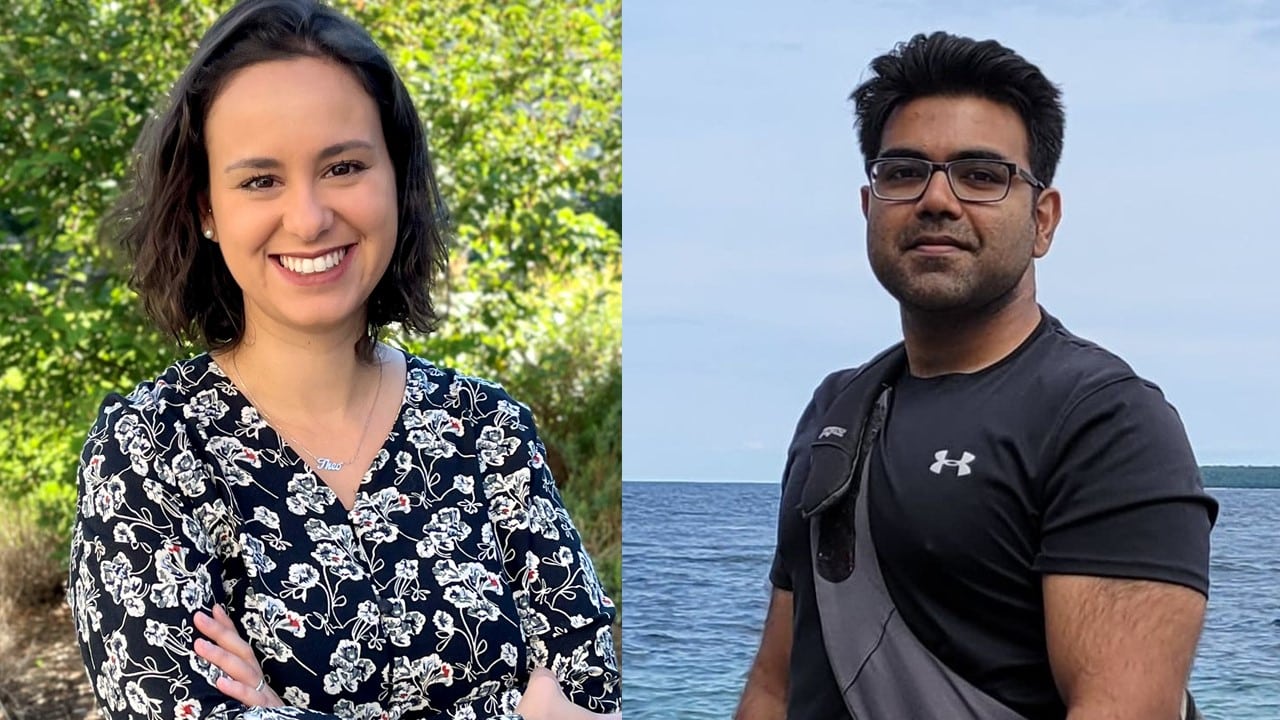Meet Mabel and Ali!
This September saw the ASI team grow as Mabel Marin and Ali Kazmi joined our ranks of passionate people working to advance climate transition leadership.
As incoming Research Associates they’ll be rolling up their sleeves to help advance ASI’s Upskilling for Canada’s Climate Transition project, funded by the Government of Canada’s Future Skills Centre and delivered in collaboration with Royal Roads University’s Resilience by Design Lab. Read more about the project here. And read on to learn more about Mabel and Ali, including a ‘curious’ twist as to what they have in common…
What excites you most about working on the Upskilling for Canada’s Climate Transition project?
Mabel: Climate change is something that everyone talks about and most people want to do something about (hopefully). However, most times what ends up being an impediment for people to act upon is not knowing where to start. That’s the greatness of this project: laying out pathways and identifying what is missing to create a climate action plan.
Ali: I come from the accessibility and inclusive design world, where I have supported students and marginalized communities with disabilities for over five years. The knowledge environment for climate science and leadership is new for me and I look forward to diving into the relevant educational material to thrive in this role!
That’s the greatness of this project: laying out pathways and identifying what is missing to create a climate action plan.
Who is one person who inspires you and why?
Mabel: Chief Raoni (Raoni Metuktire) is someone who my mom used to tell me about. He has been fighting for the preservation of the Brazilian Amazon rainforests since well before my mom was a teenager. Even today, when Raoni is well over 90 years of age, he has a voice and speaks to the world about how the current Brazilian government lacks respect and action towards preserving the Amazon rainforests and other causes. Chief Raoni is an inspiration and an example of climate and peoples’ activists and we all have something to learn from him and his courage.
Ali: My grand aunt. She opened a school for underprivileged children in Meerut, India in 1982. She used income from previously being a principal to hire the most qualified and committed teachers. Scholarships were created for graduating students, who came back and mentored the next generation. This ensures that incoming students are guaranteed a good education, whether or not they can pay the school fees.
Tell us about one unique skill you have and how you’ll use it to advance this project?
Mabel: I’m certainly curious! I think being curious will help me learn about everything this project entails and somehow, I also think this creates some sort of resourcefulness, which leads to organization too. I want to dig deep and find out everything I can to contribute with the team. I’m very happy to start engaging with everyone involved in this project and learning new things from my colleagues.
Ali: Curiosity. In previous roles, I rapidly learned about the emergent landscape of micro-credentials and open badging to facilitate effective knowledge translation for internal teams and external audiences. My passion for lifelong learning and networking with experts in different fields will enable me to be a dynamic contributor for ASI.


